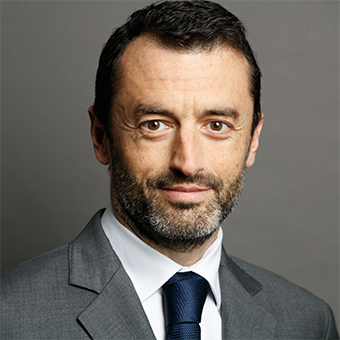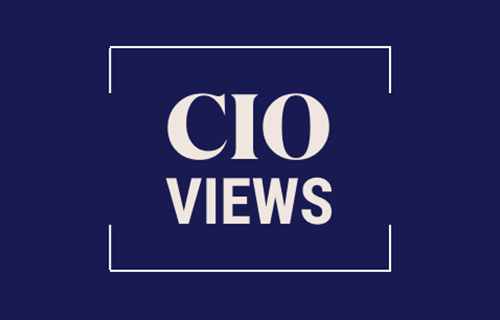"You see, in this world, there's two kinds of people, my friend: those with loaded guns and those who dig. You dig."
The Good, the Bad and the Ugly - Sergio Leone, 1966
In the first part of this letter, published in September, we looked at the economic and political theories that have culminated in the human factor being eliminated from the economy. We discussed how an economic system based solely on the quest for exponential growth is putting itself in a climatic, social and financial predicament. This globalised development model, centred around Western culture, has prioritised efficiency over resilience, the global over the local, lower prices over higher wages, companies over individuals and standards over human beings. We sought to point out how reintroducing the human factor into the economy could forge a path towards a more sustainable economic system and a reunification of knowledge, which would bring about a rise in consciousness by considering humanity as a whole. Our analysis continues here with a focus on relationships between individuals.
Why follow up on our previous letter? Because our entrepreneurial culture prompts us to challenge the norm, as well as making us realise how difficult it is to step out of our comfort zone. And yet, although the limits of our economic system are now clearly visible, most people seem to simply accept the idea that it is fine to continue down this path and make only marginal changes. Why is this the case? Perhaps because there is a certain level of comfort in not diverging from the norm, to avoid being excluded from a system that is so dysfunctional it threatens the survival of the human race. Questioning one’s beliefs and convictions creates feelings of discomfort that are all too familiar to an entrepreneur, and this is one of the reasons for our renewed focus on the topic in this letter.
CIO Letter - January 2023



